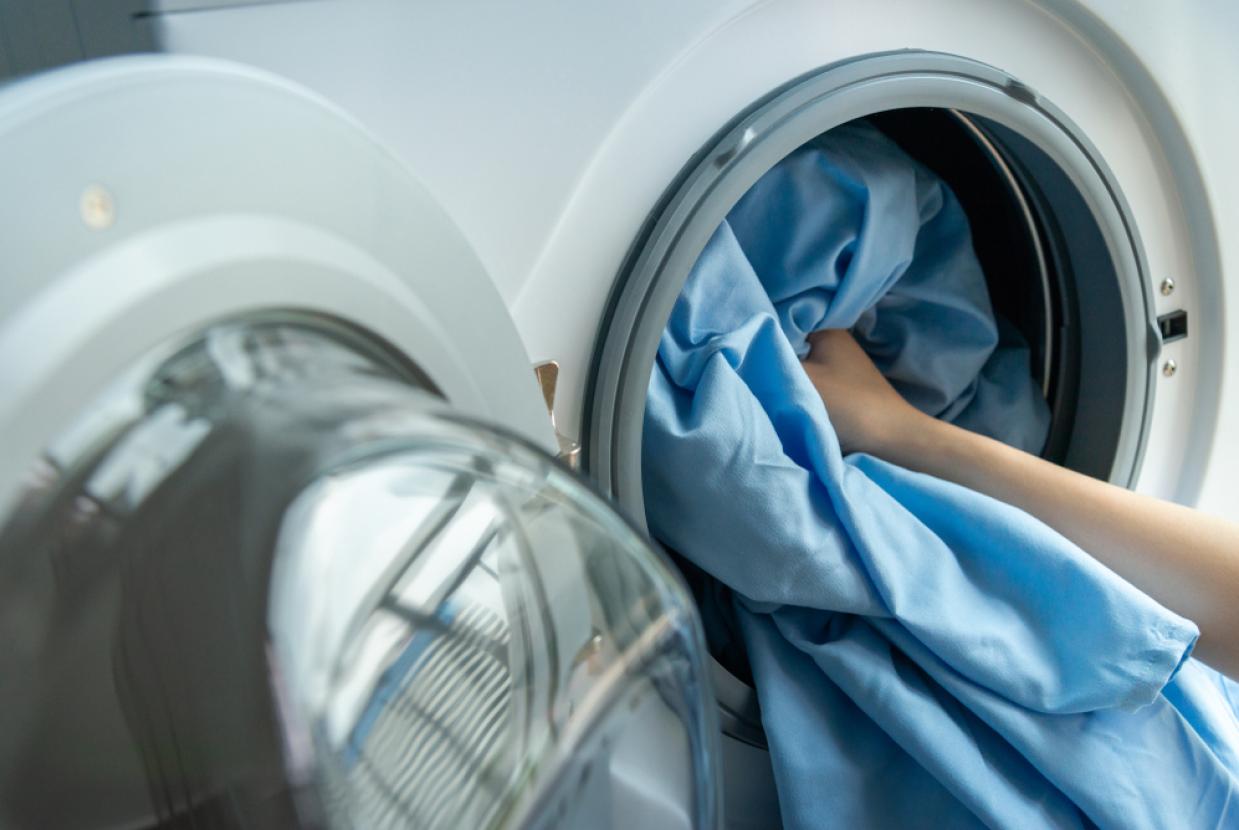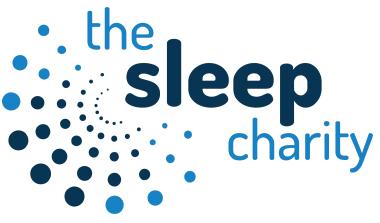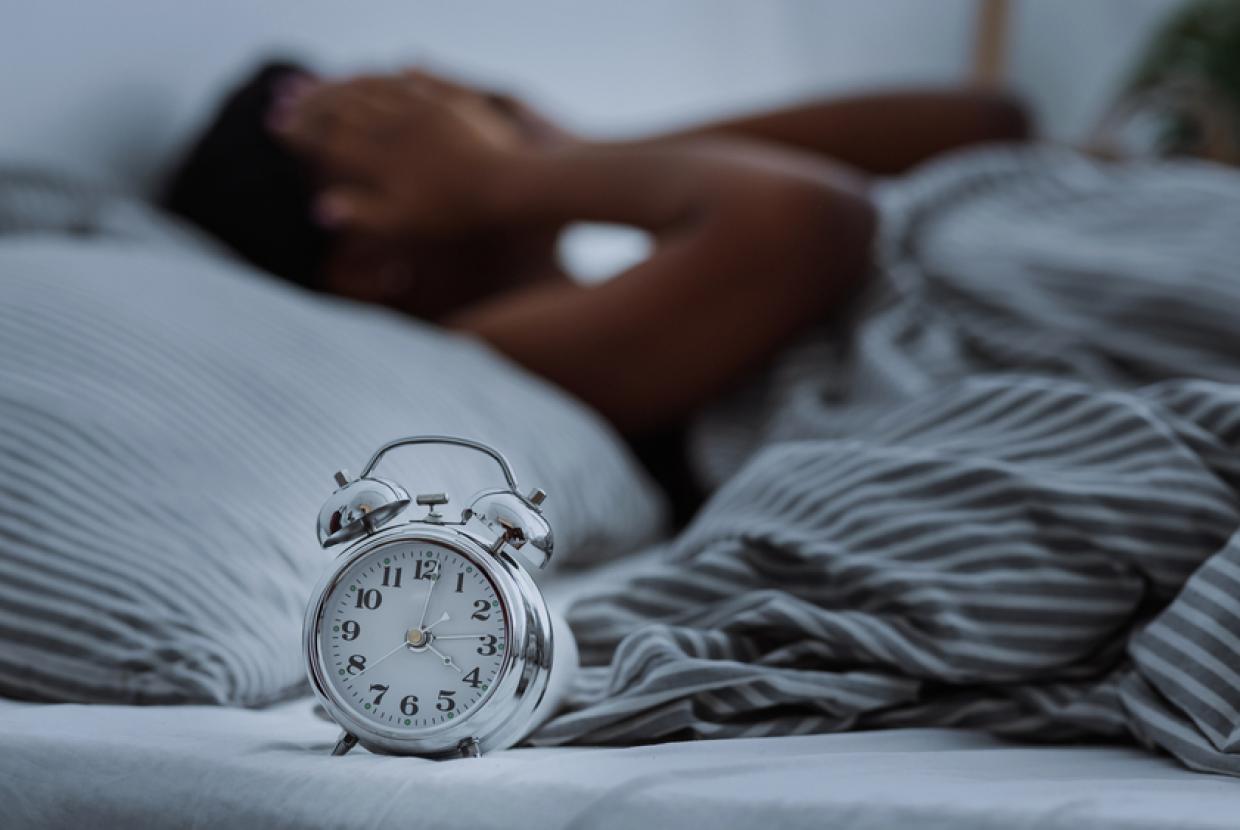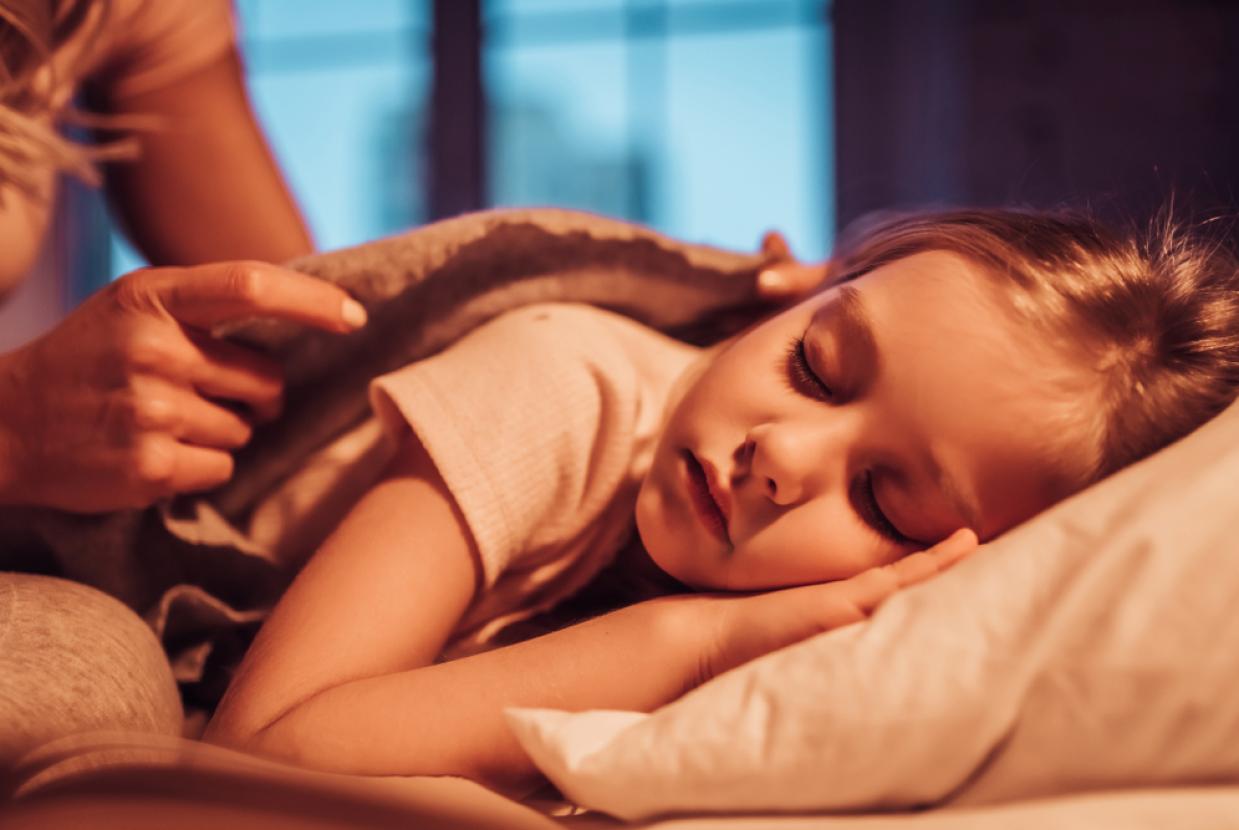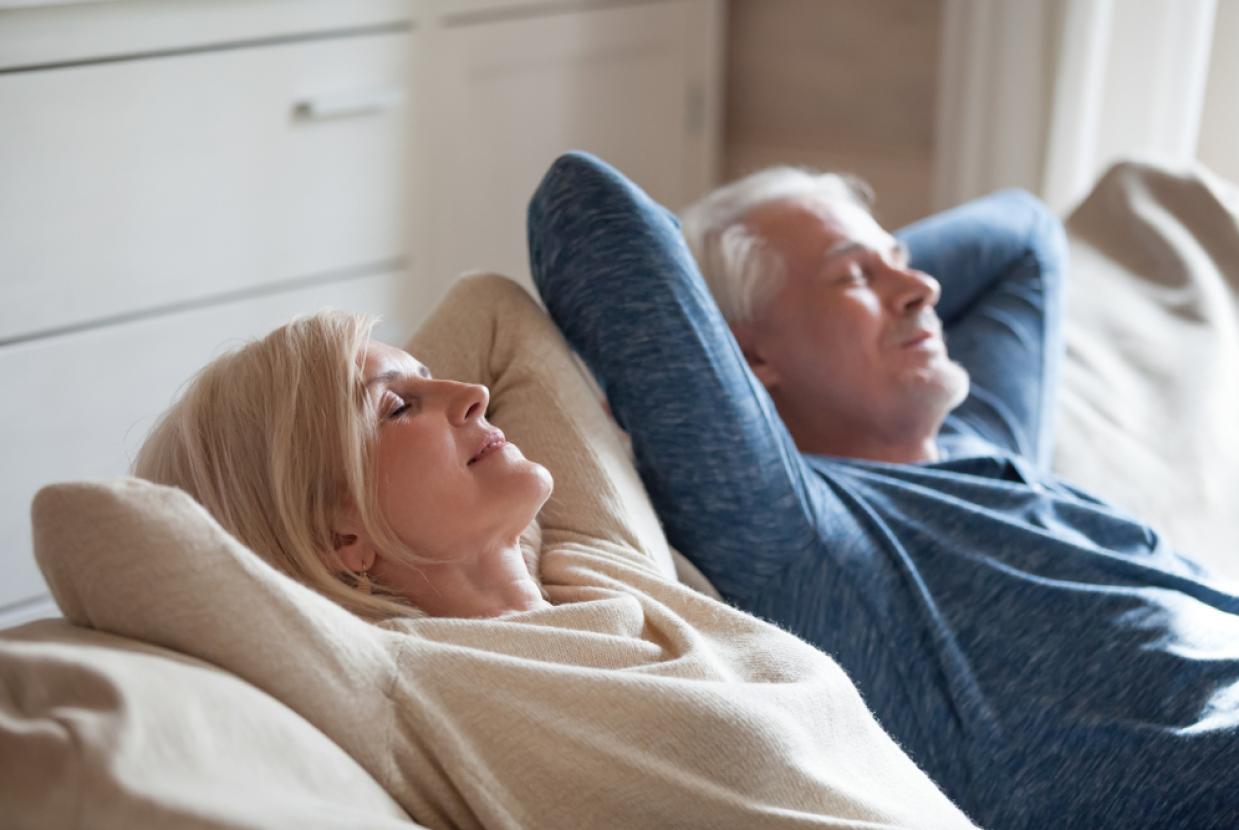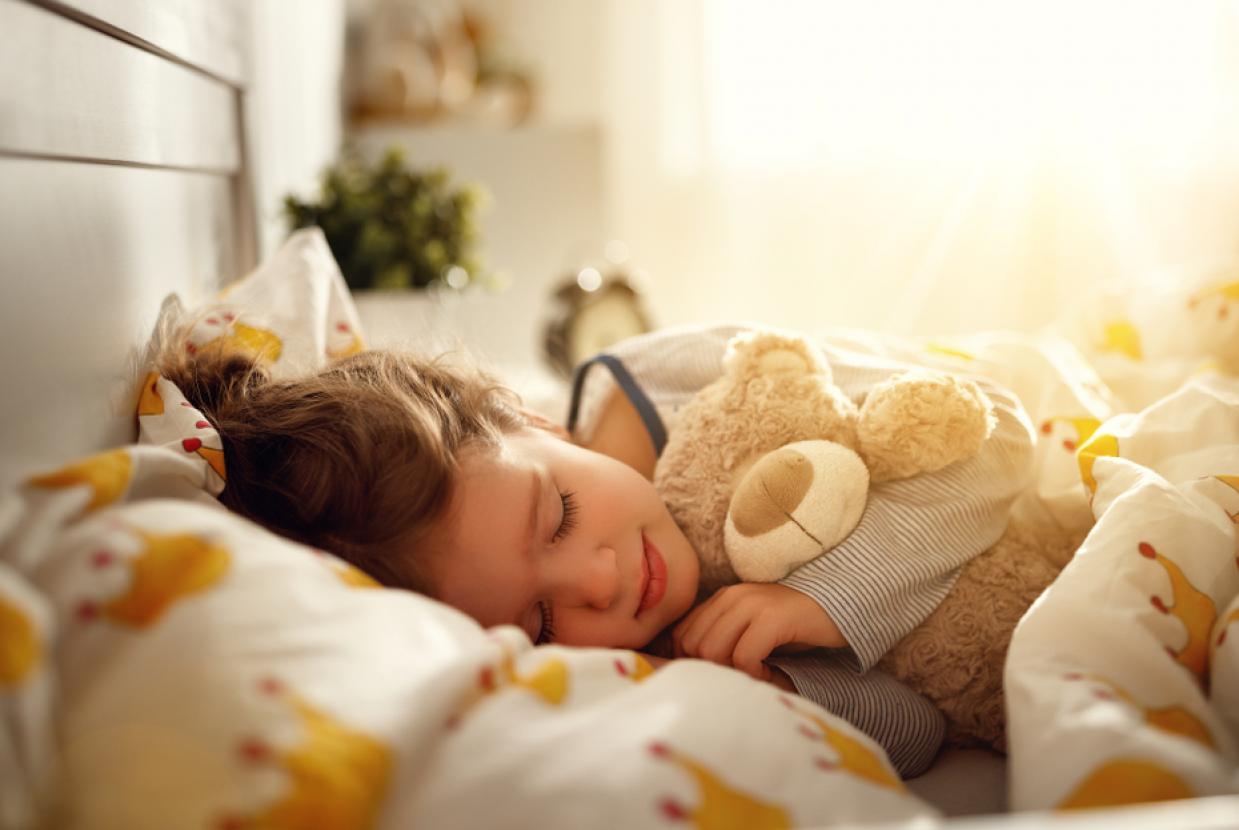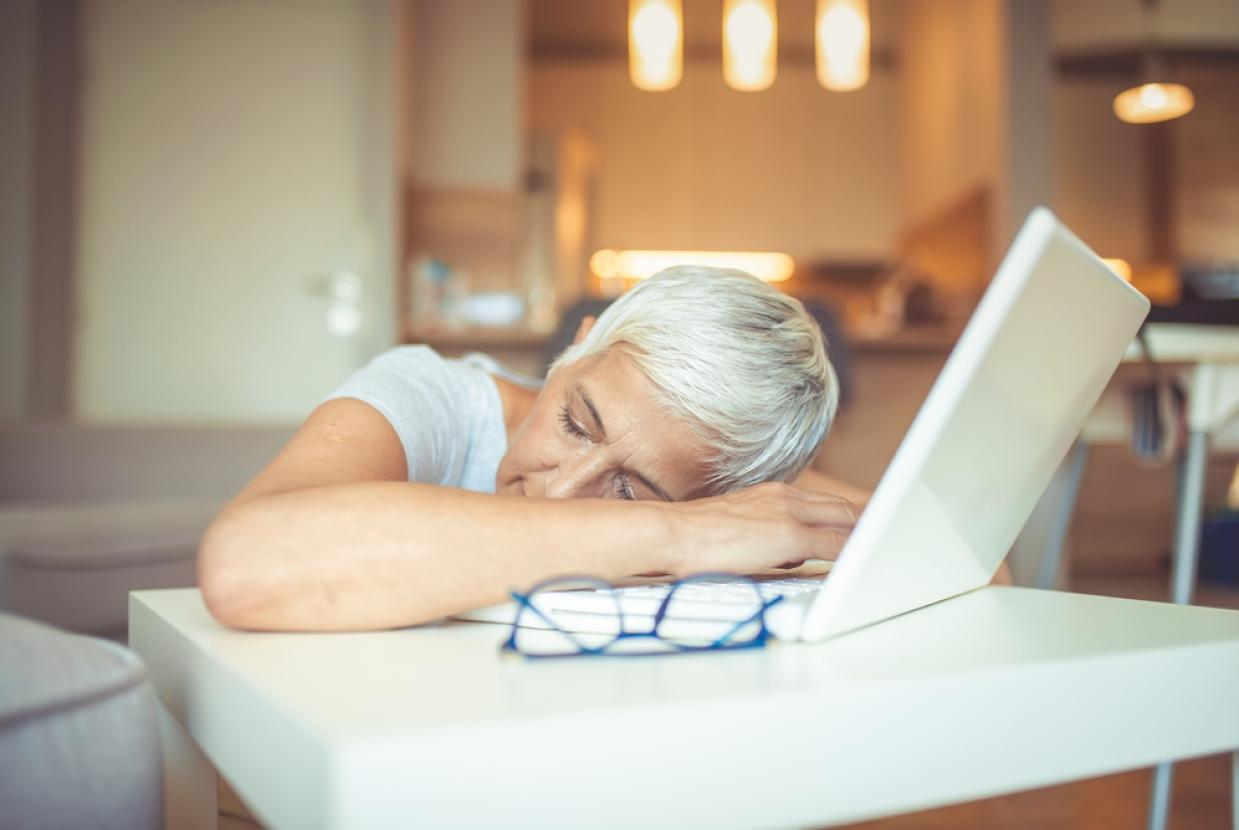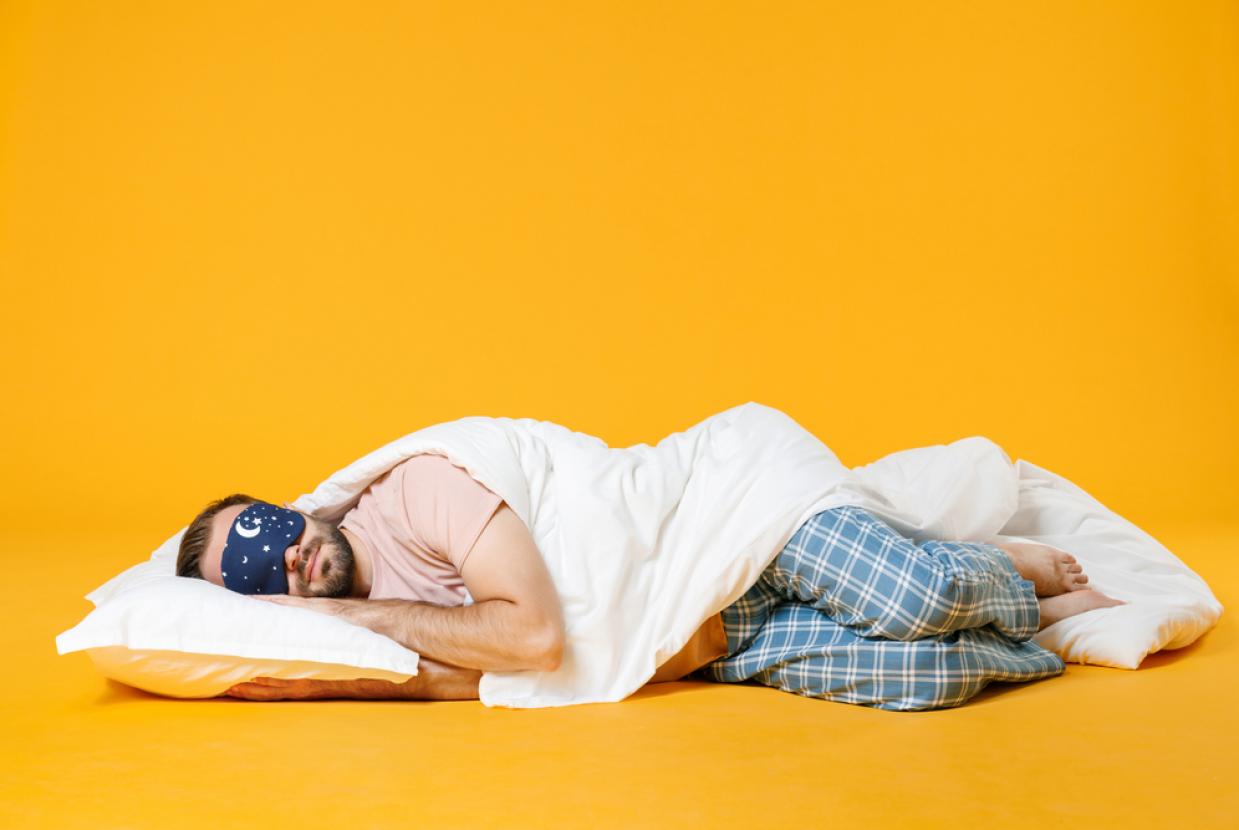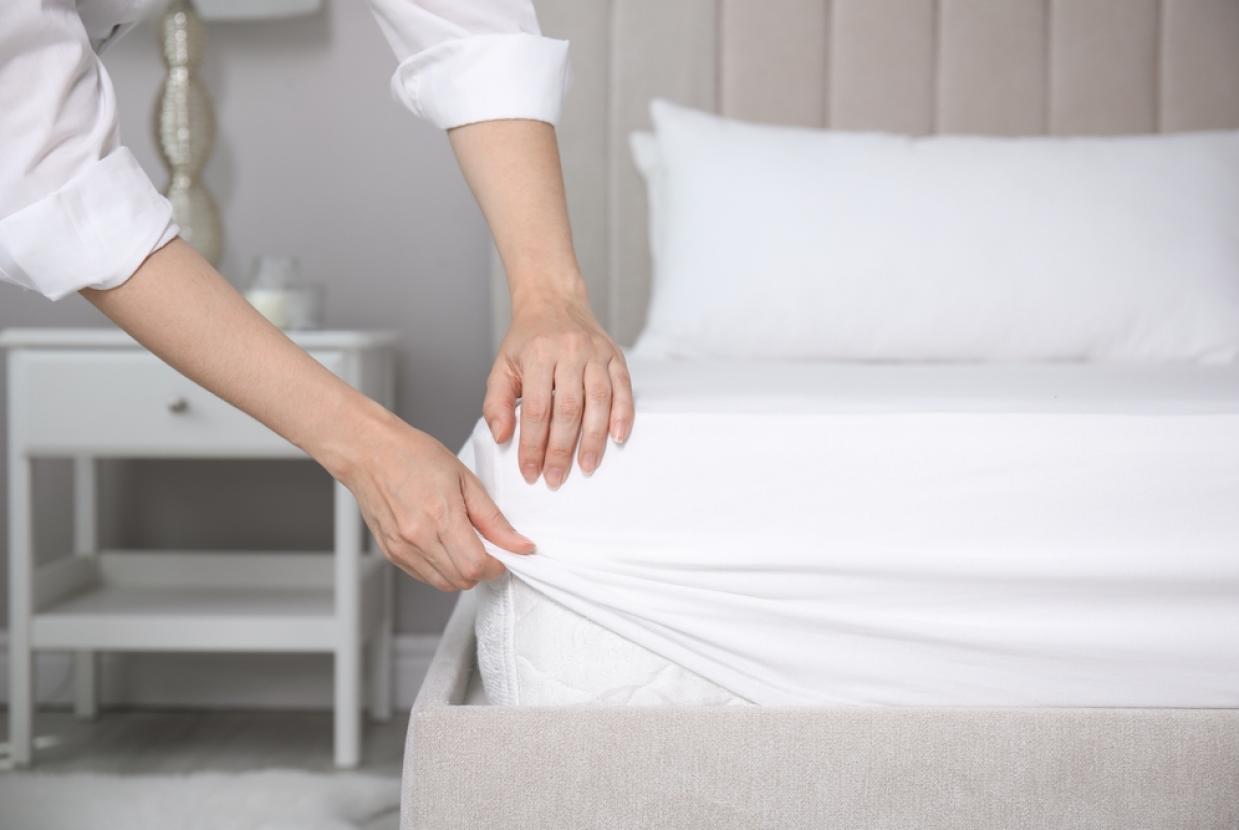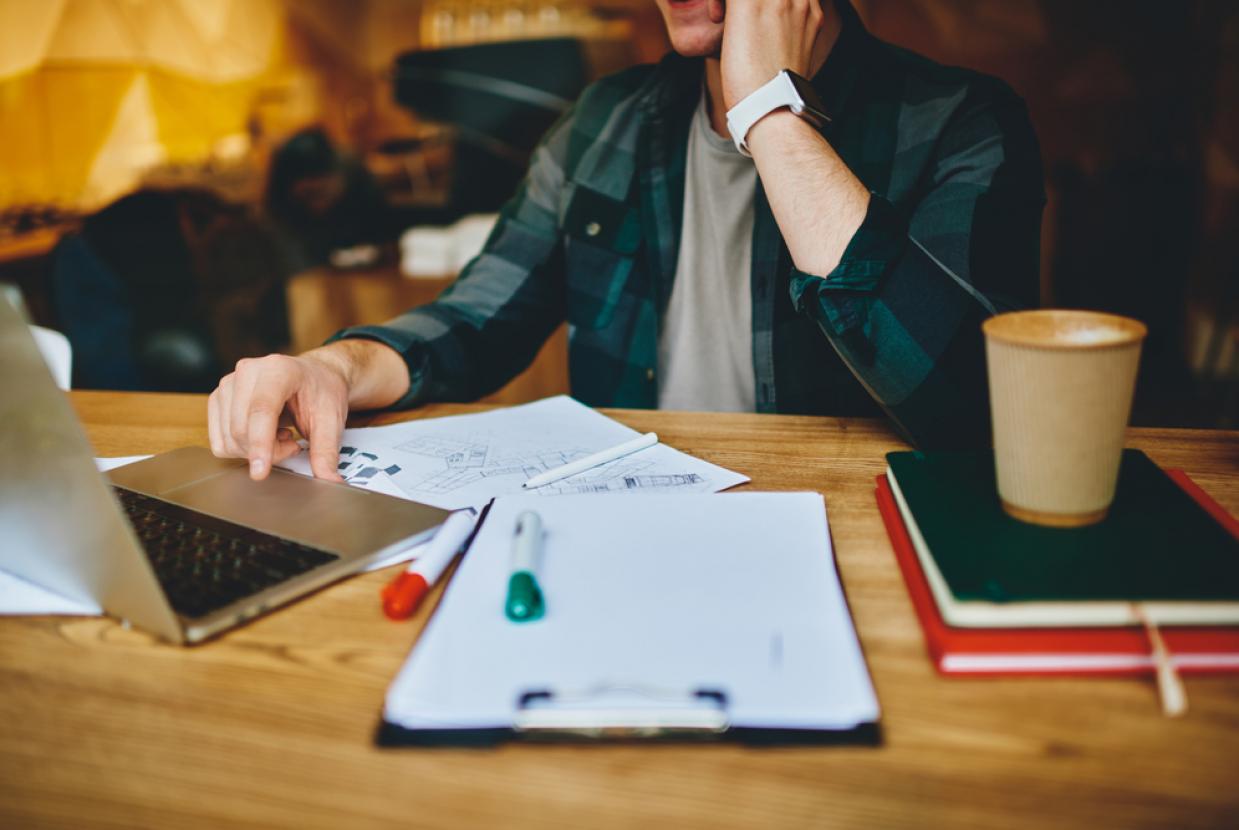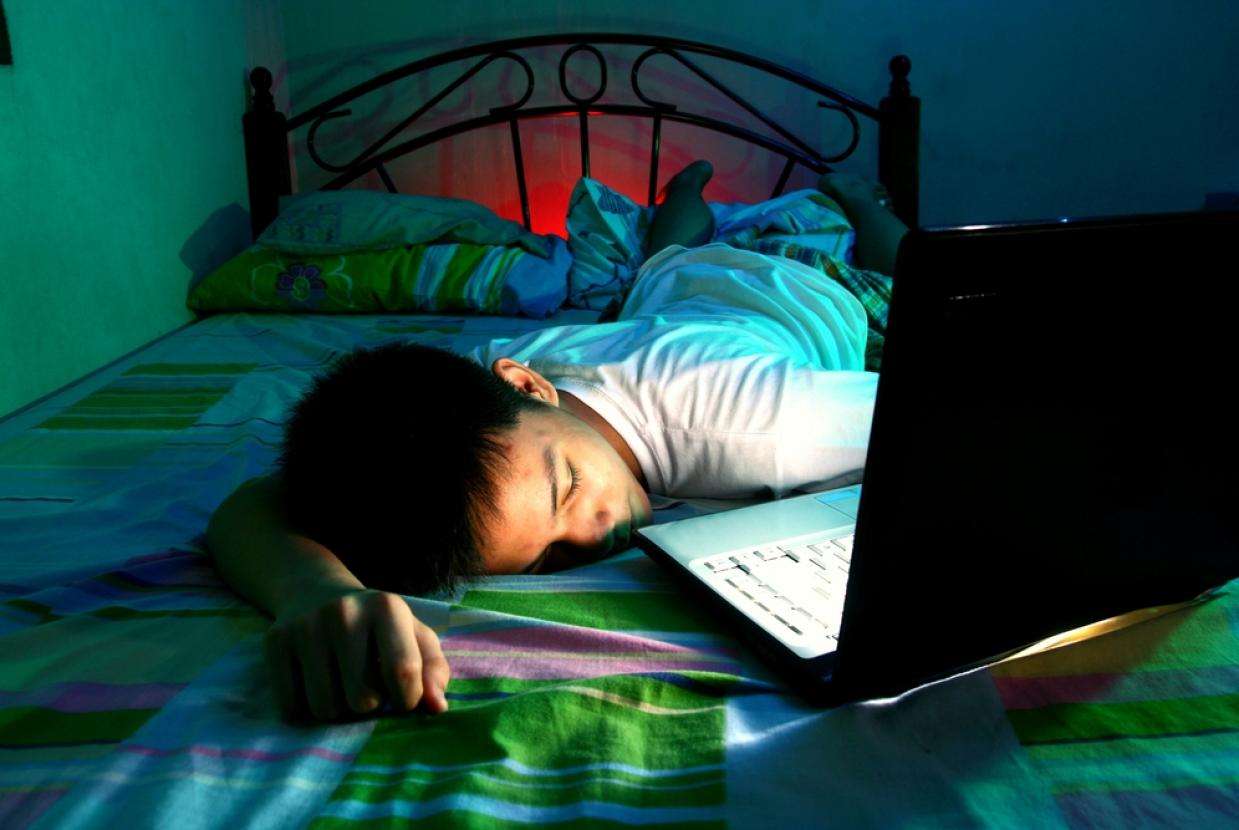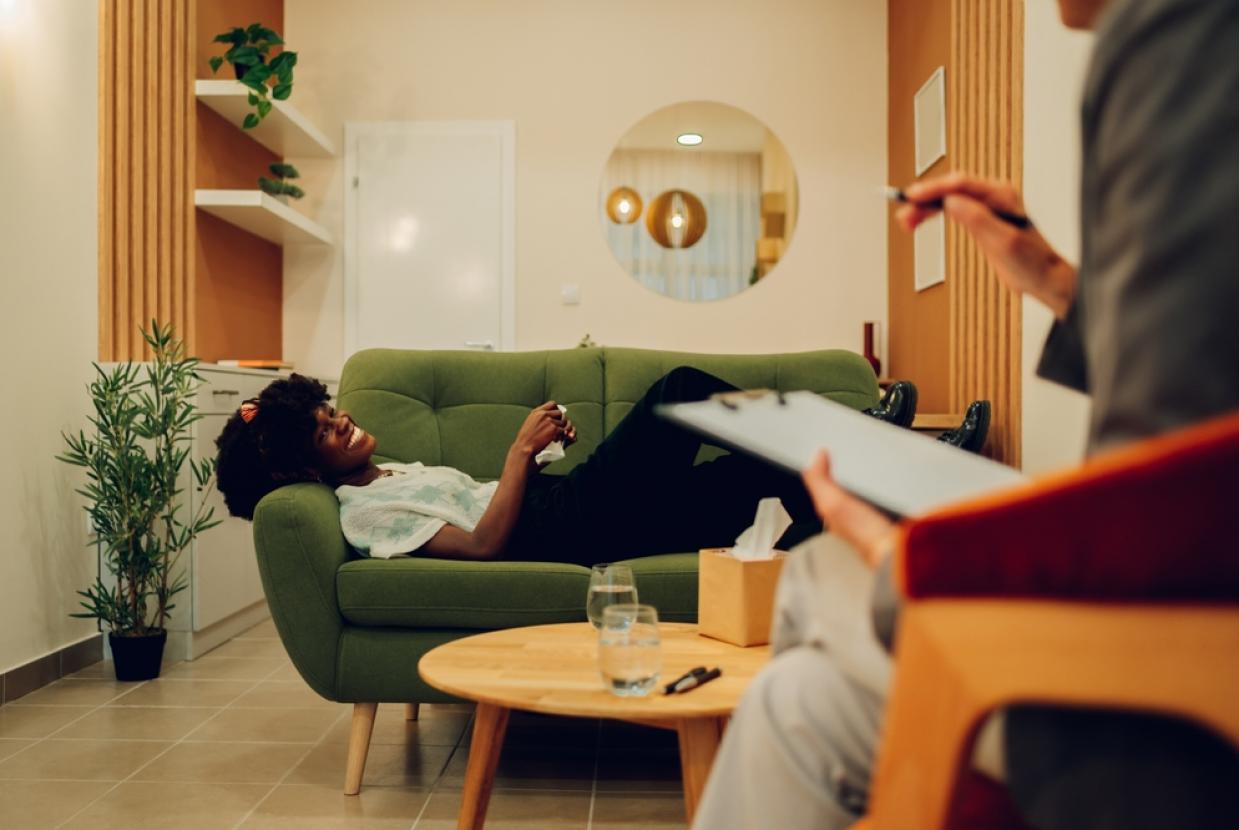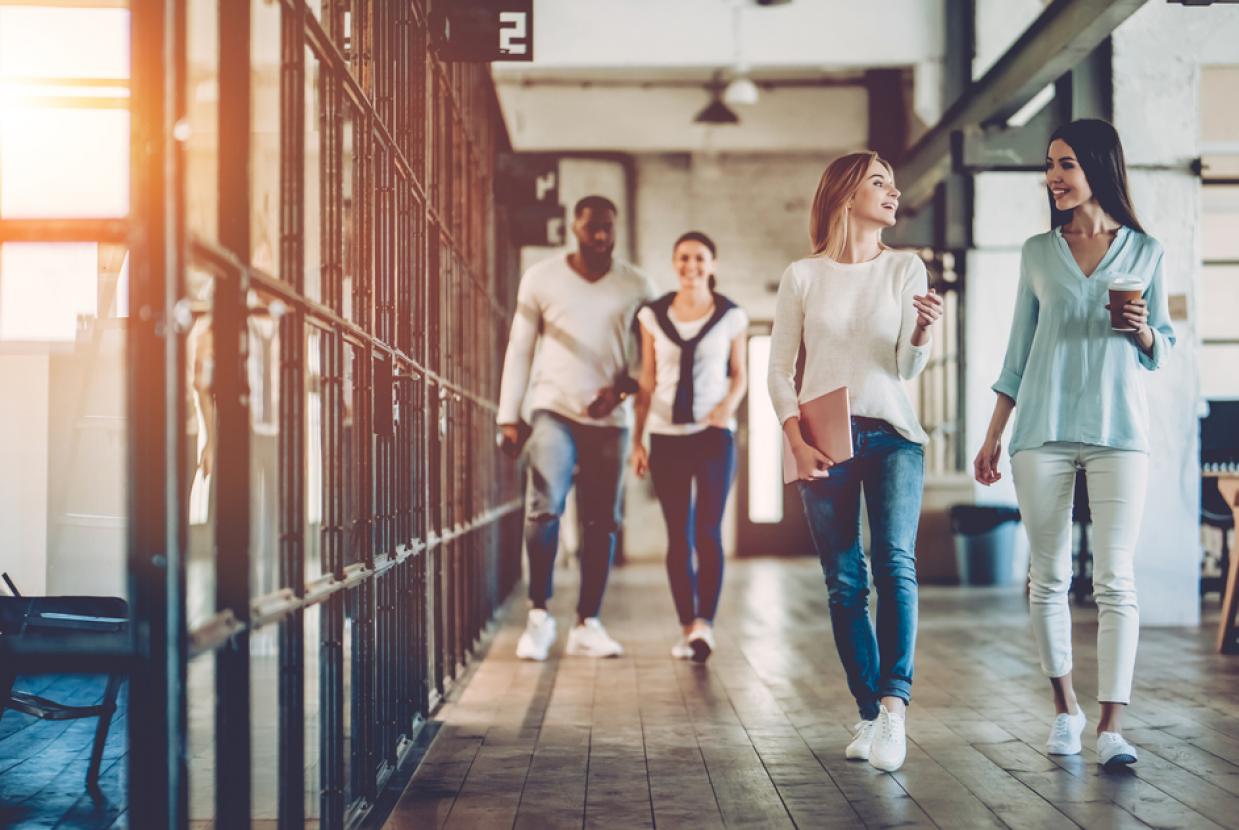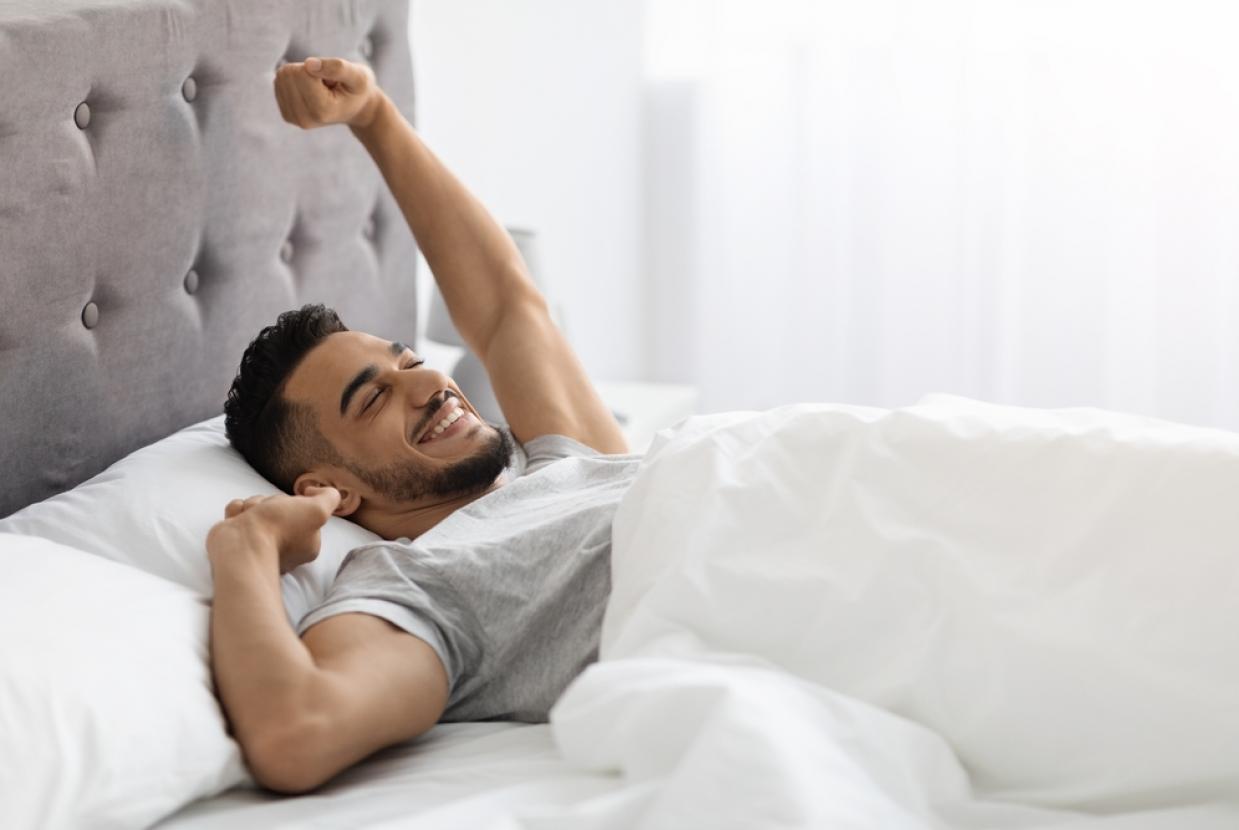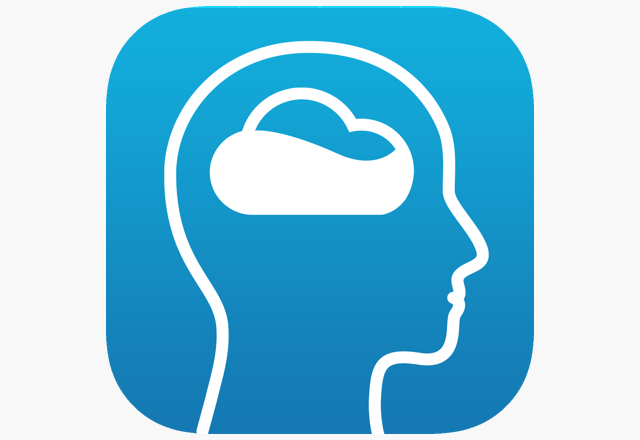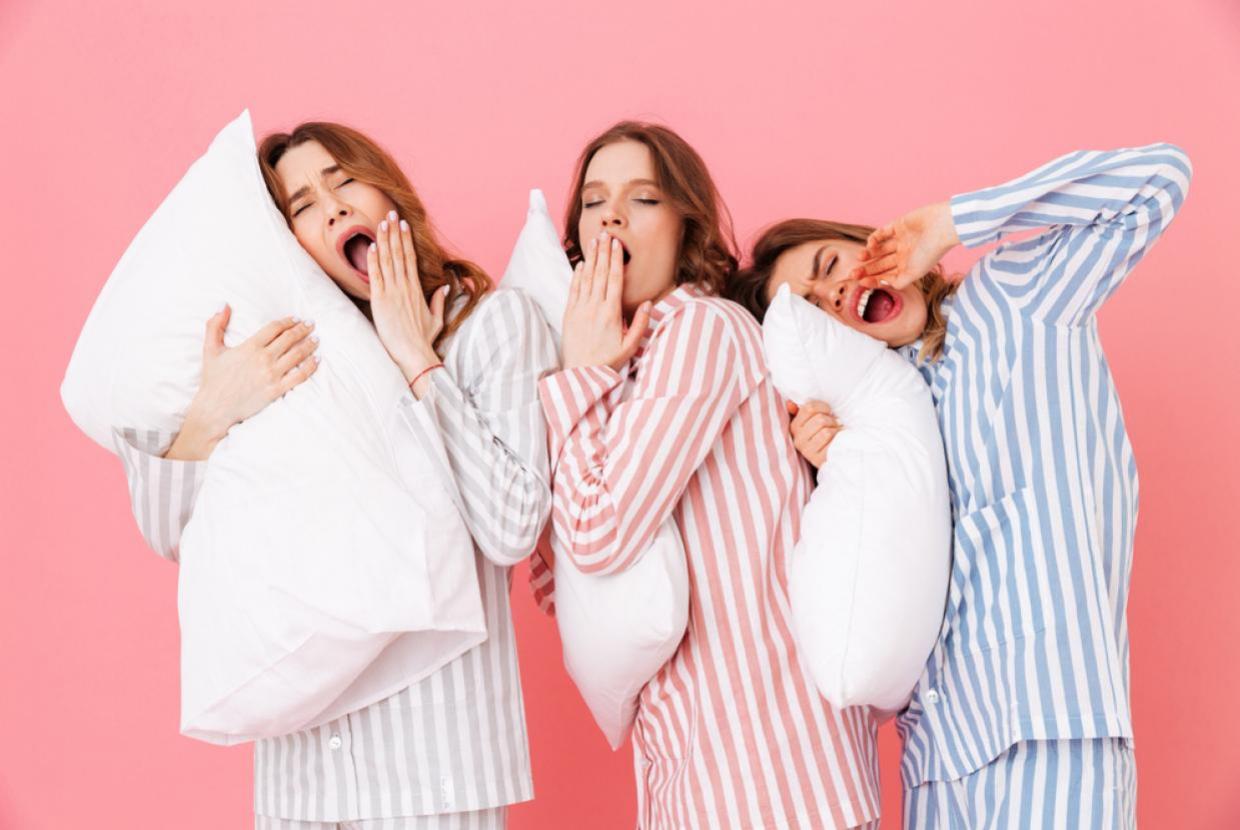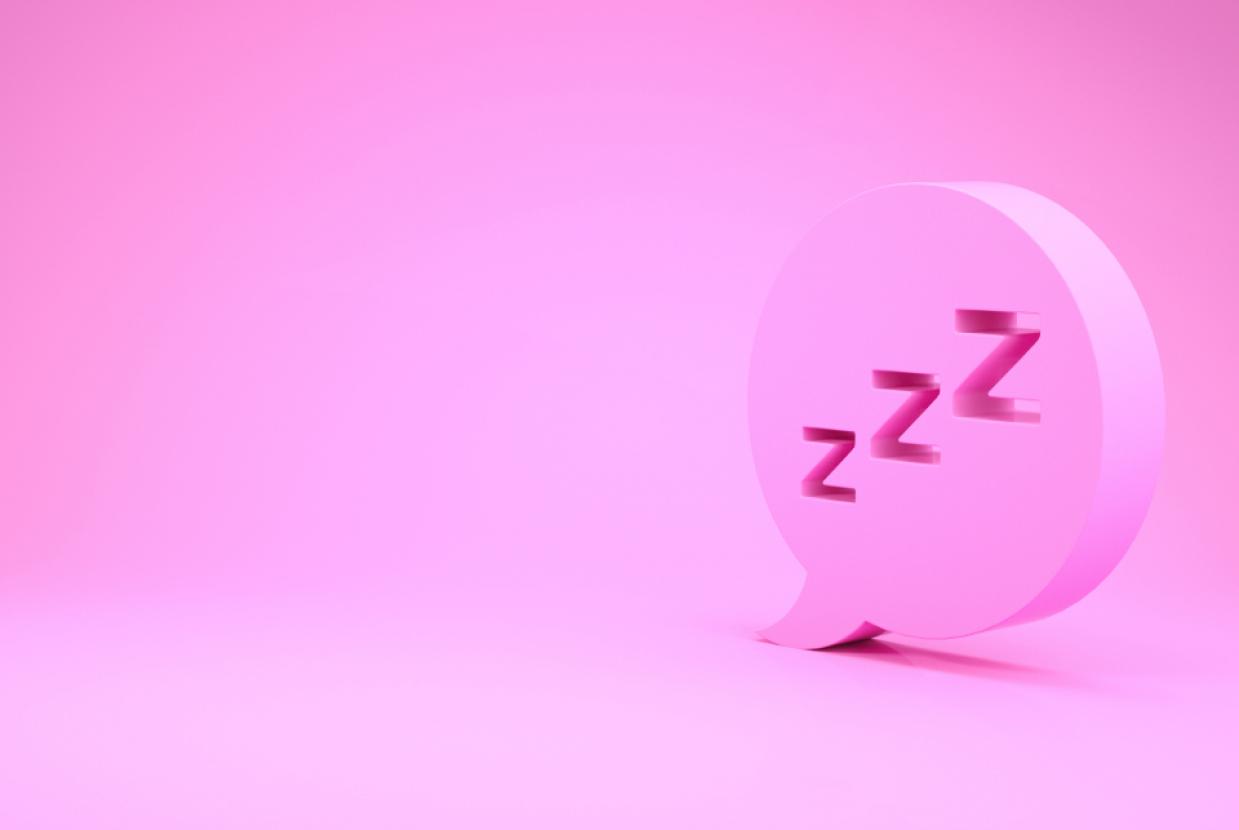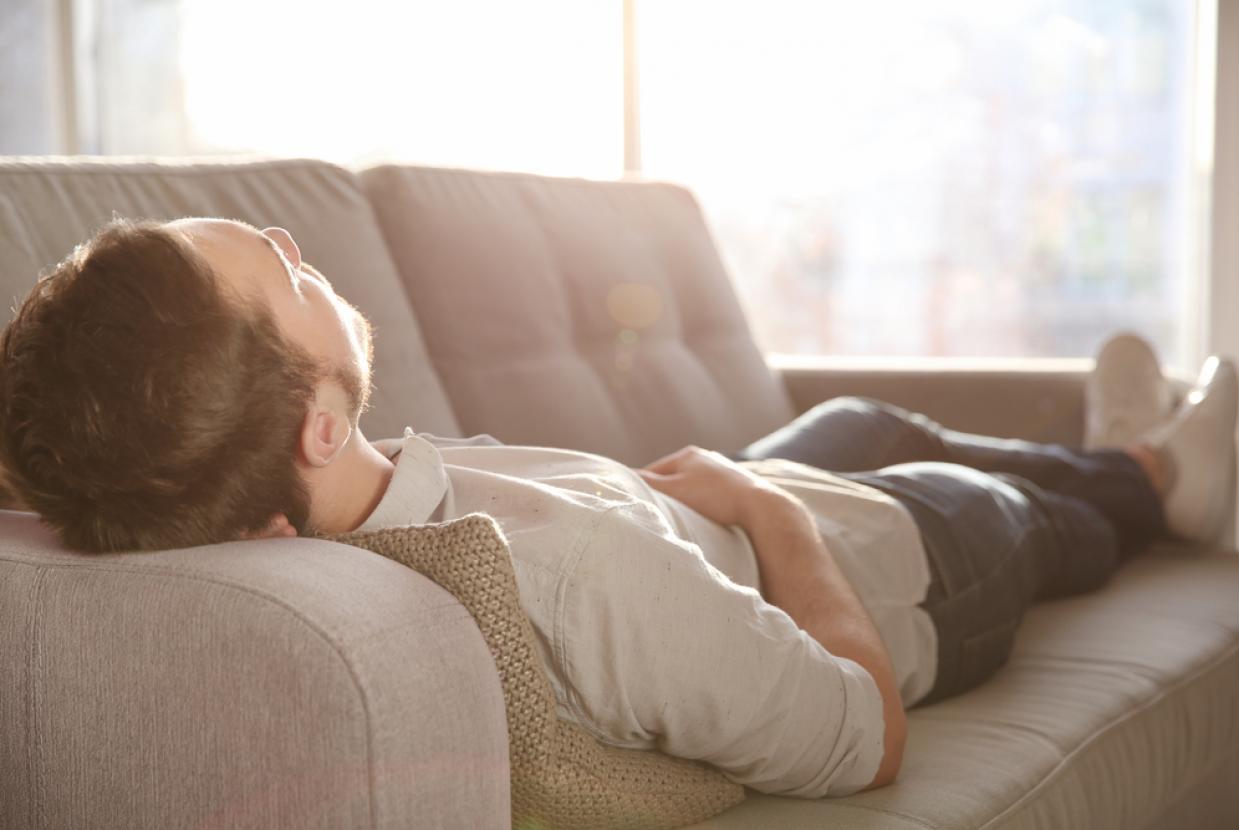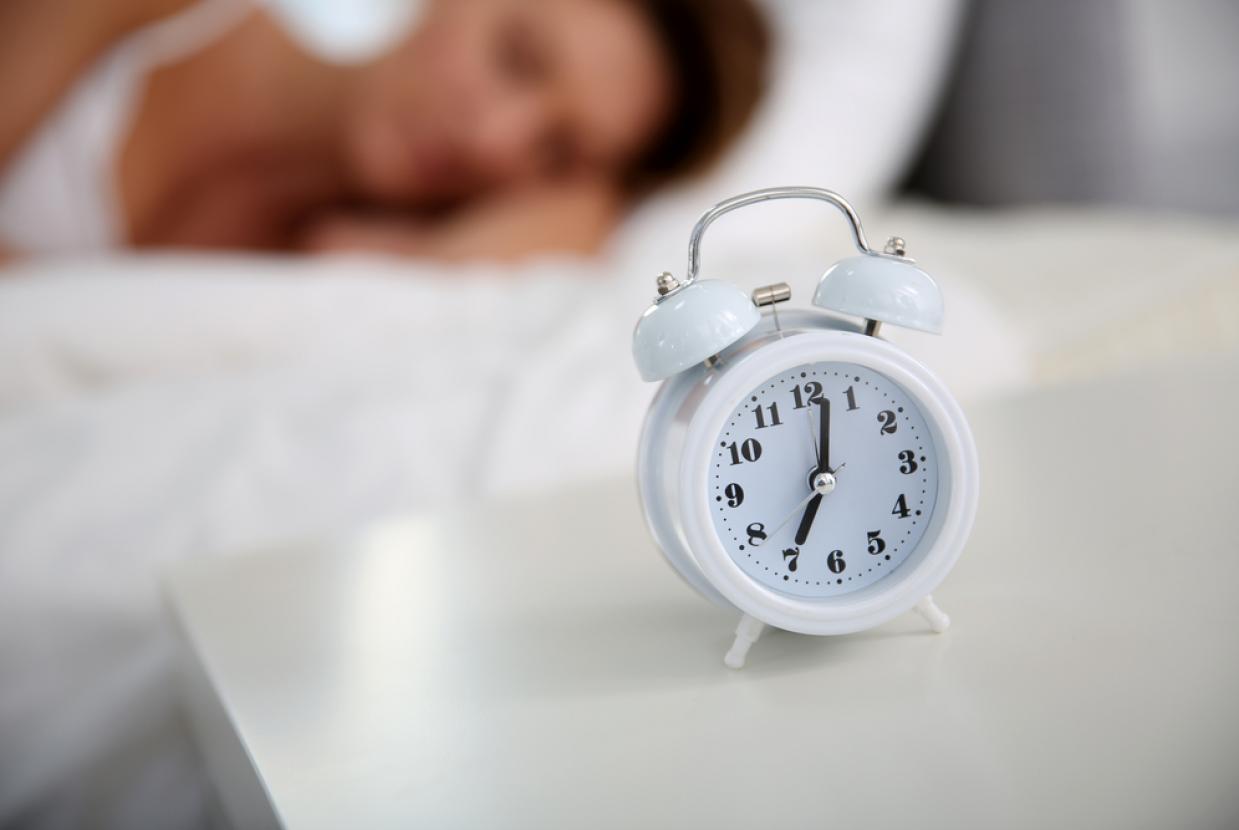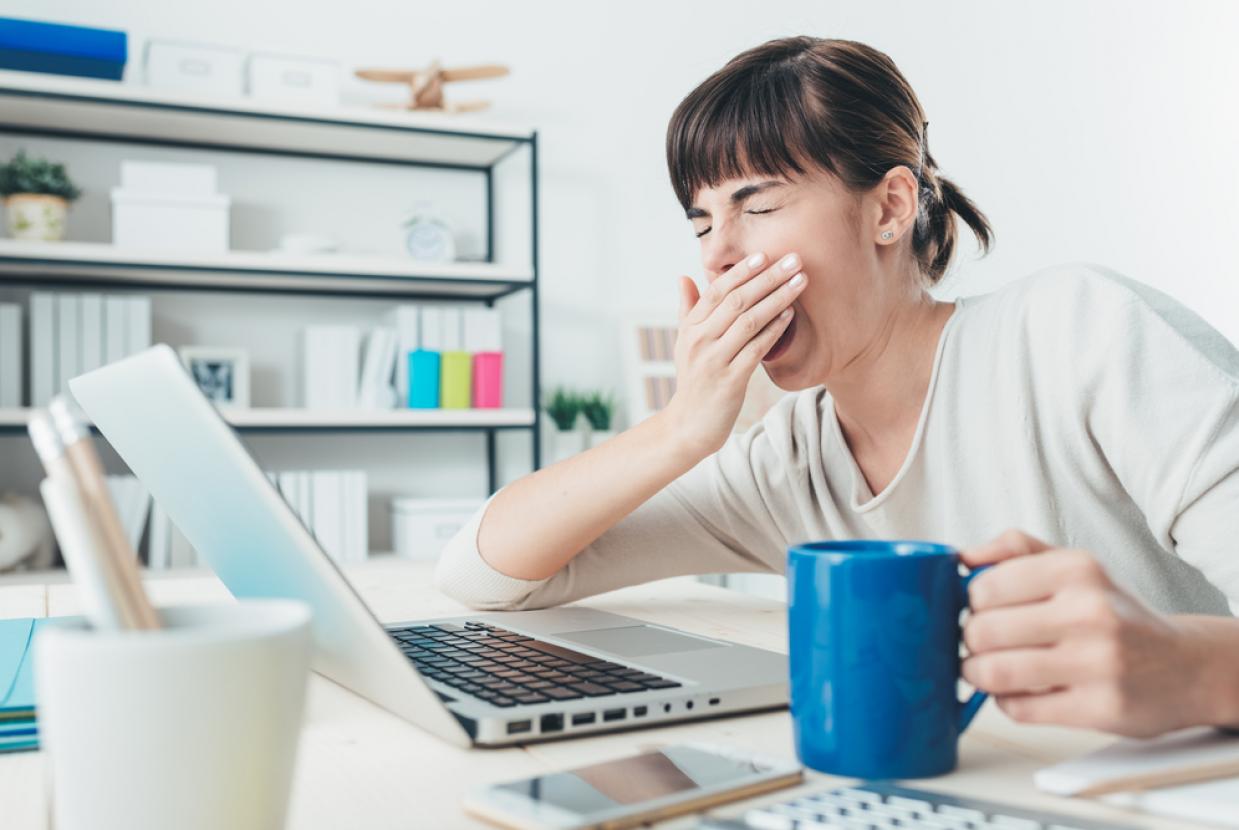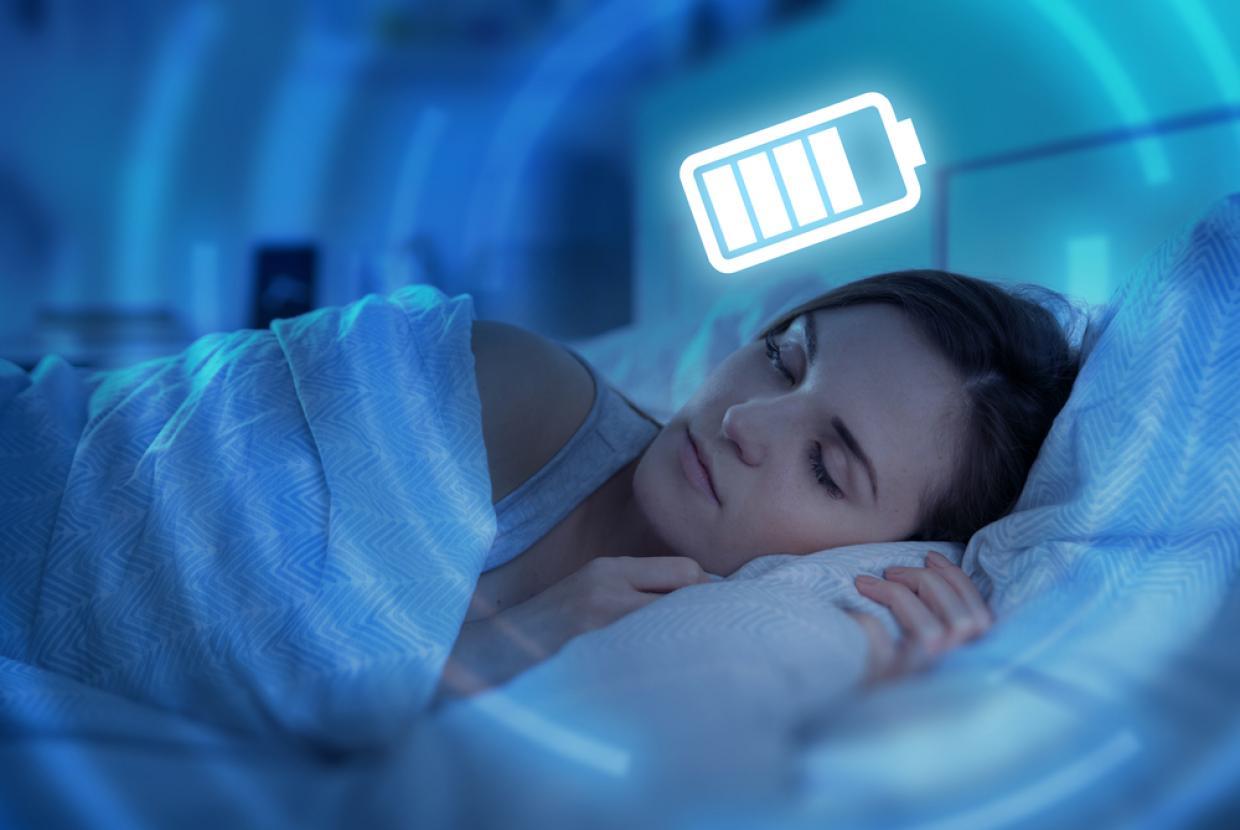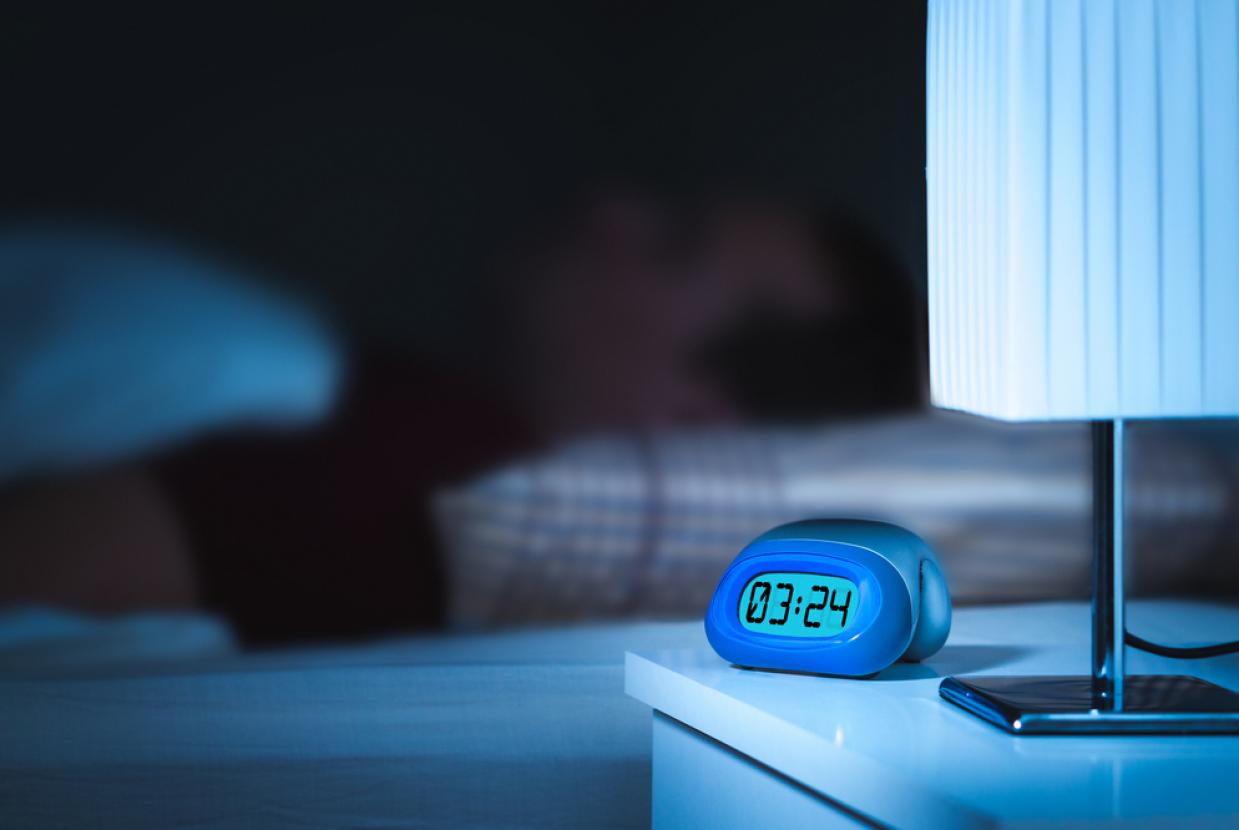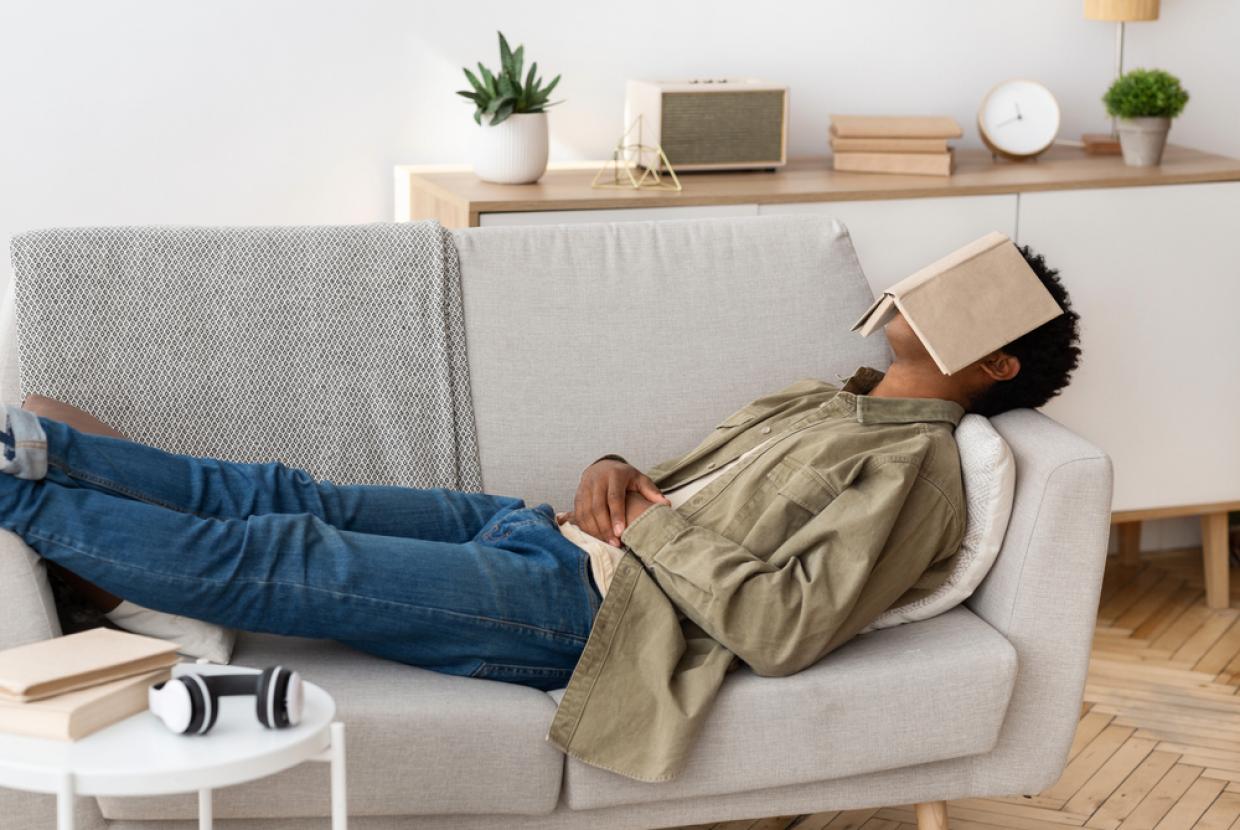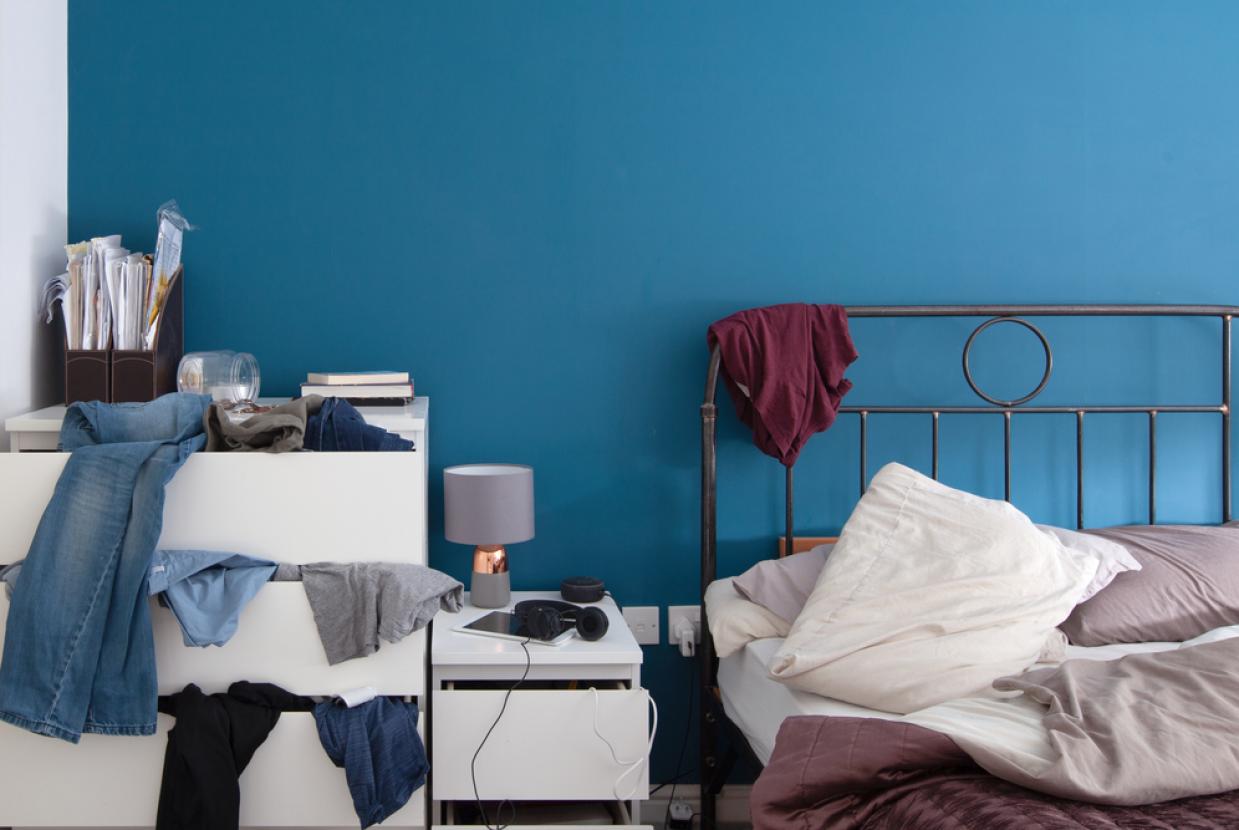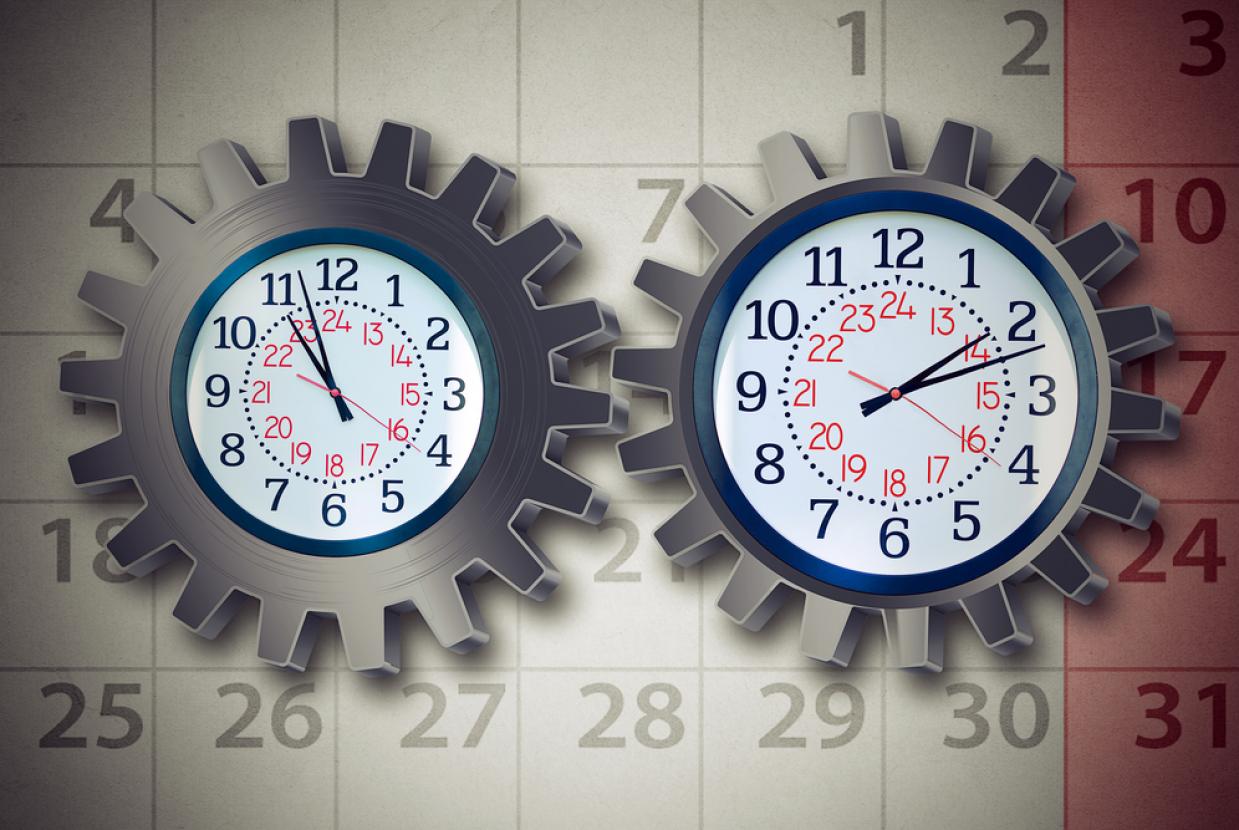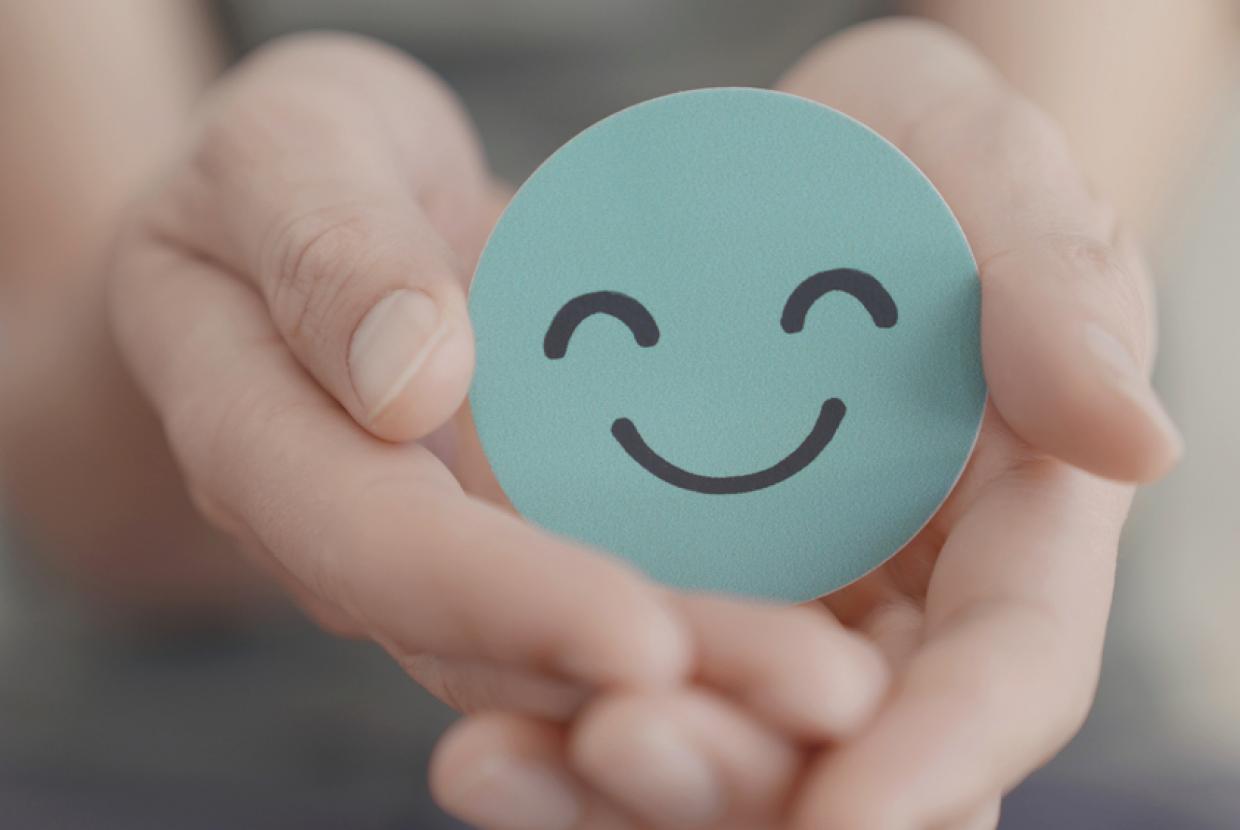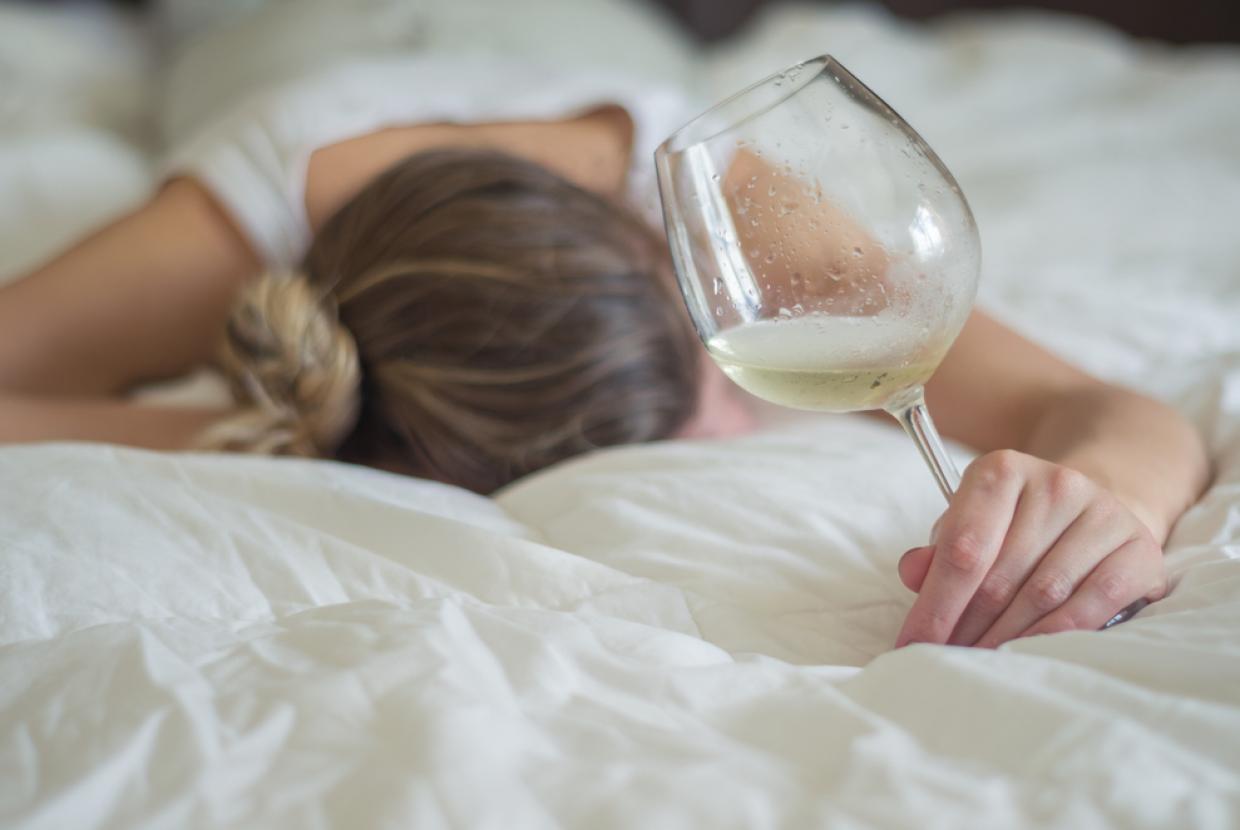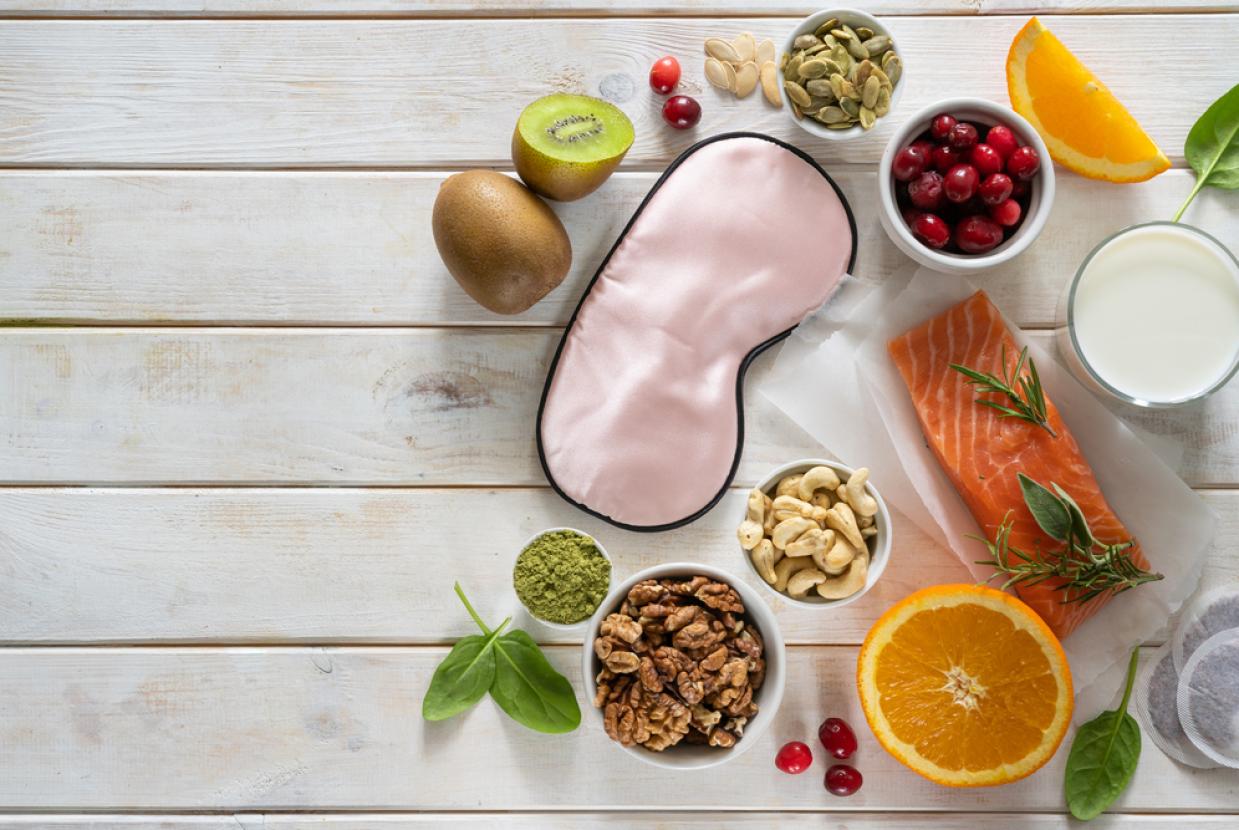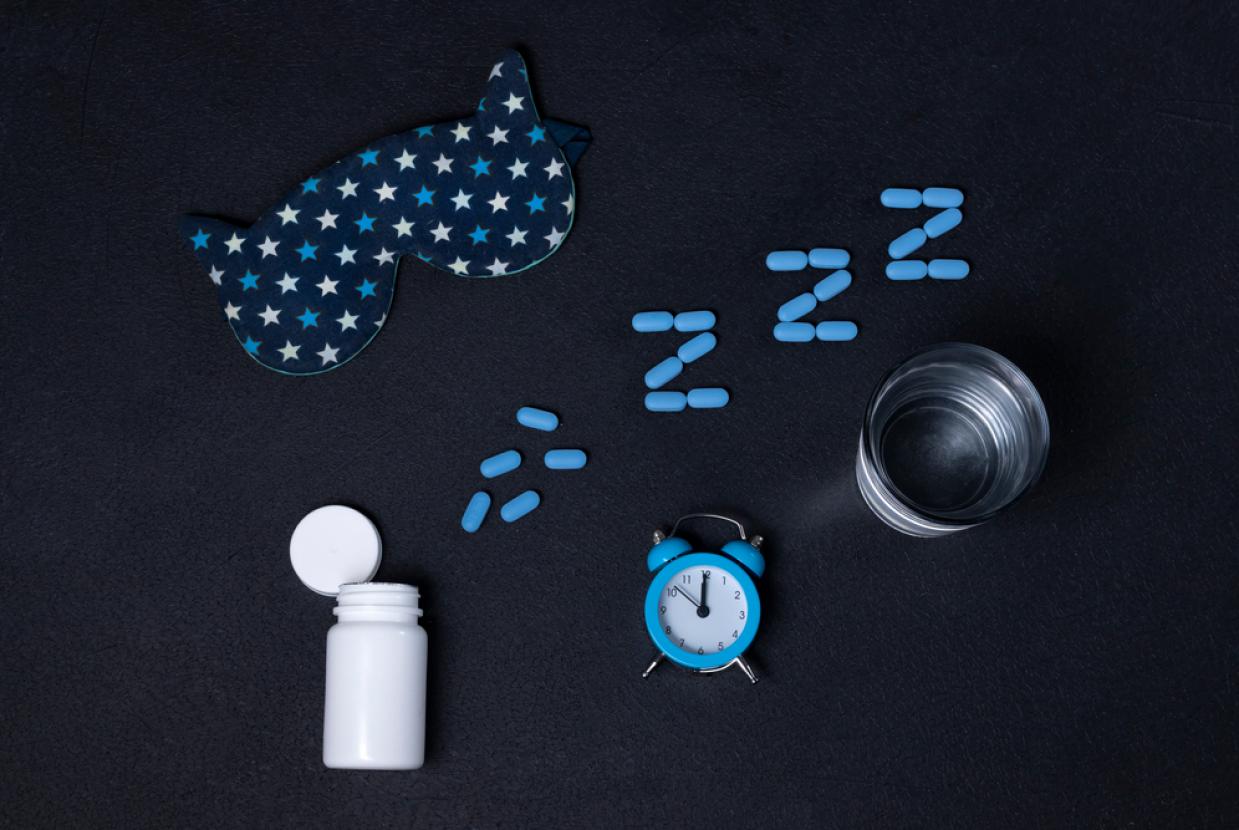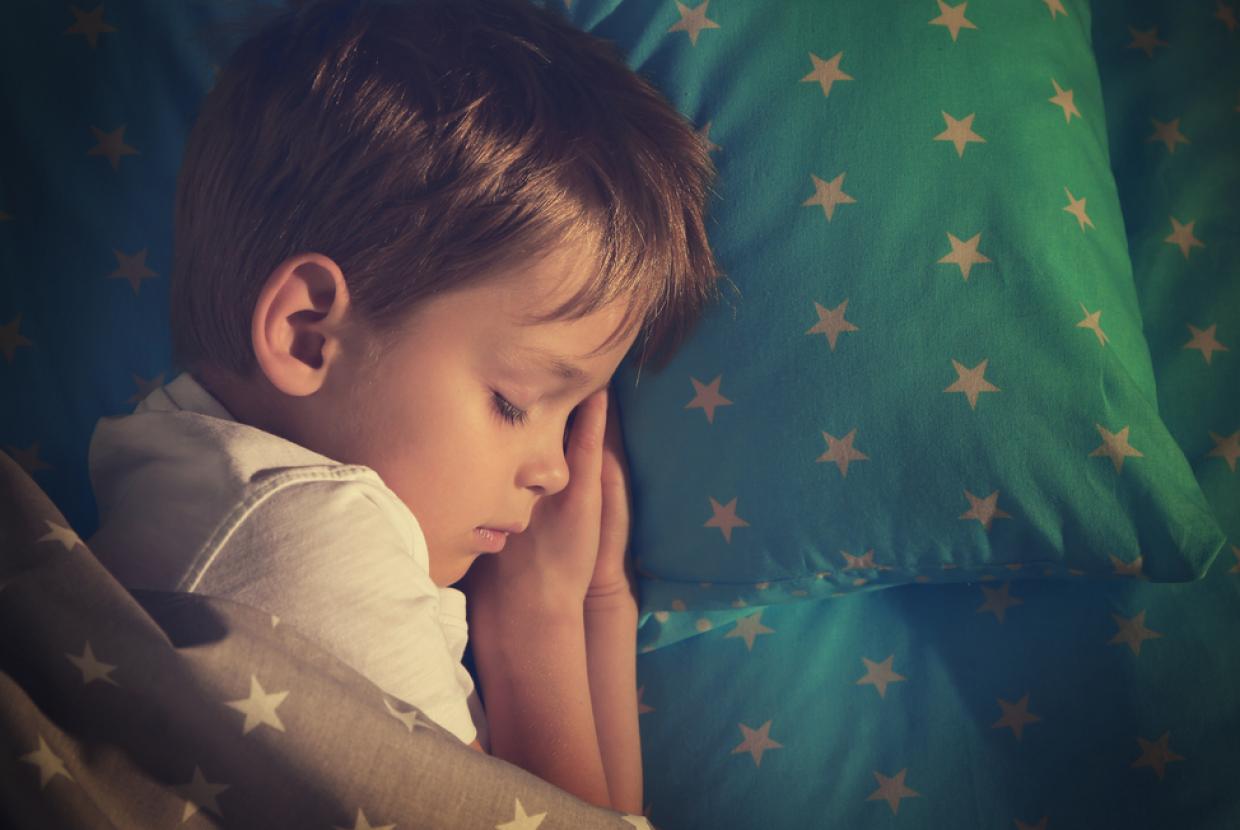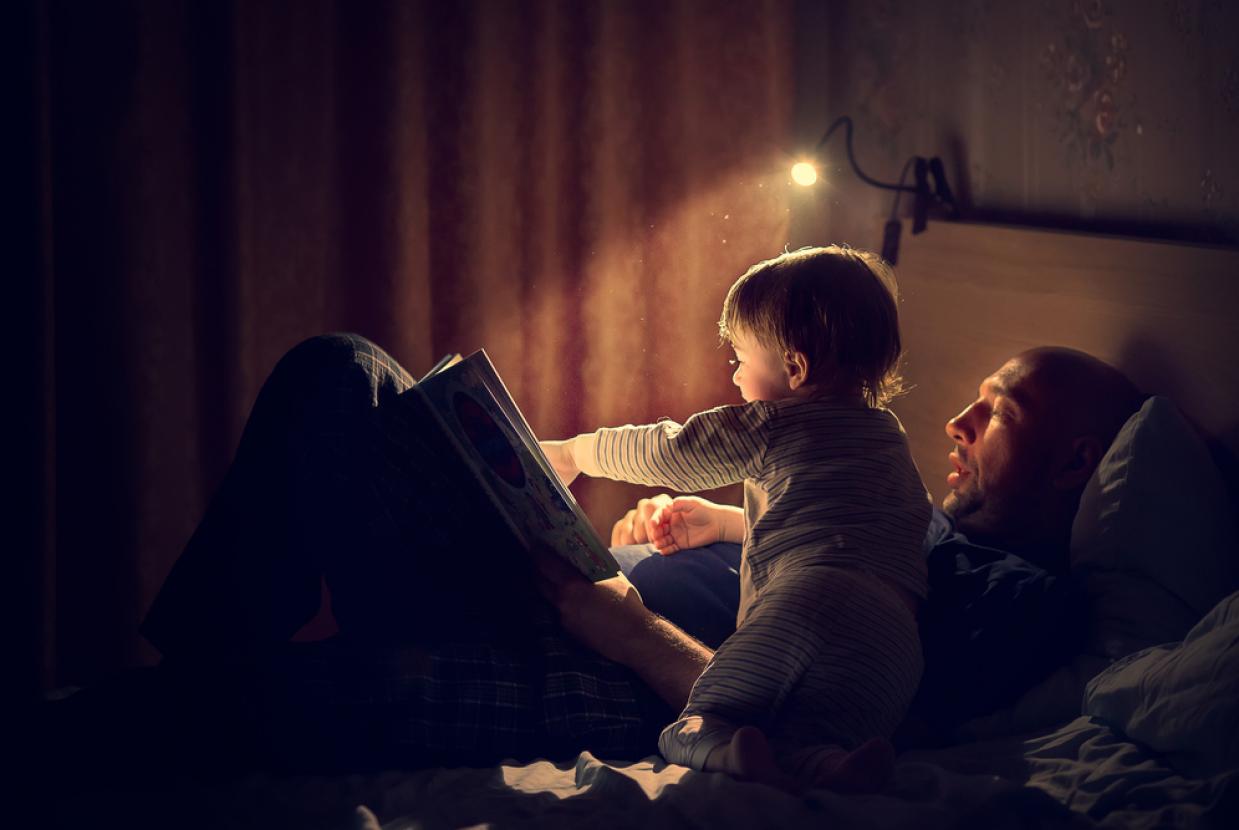Sleep Hygiene
The definitive advice on getting a good night’s sleep comes recommended by one of Britain’s top sleep gurus, Professor Jason Ellis of Northumbria University. The guidelines are aimed at increasing or maintaining good sleep health and are not for the management of sleep disorders. Sleep health takes into account quality, quantity and timing – including its regularity – of sleep in addition to vulnerability towards poor sleep and the impact of sleep on daytime functioning.
With the wealth of studies, surveys and expert opinions, it has led to a lot of conflicting messages. By looking at the different advice and scientific evidence, it’s been possible to create a simple, best practice guide for achieving a healthy night’s sleep.
The guidelines are simple to follow and shows how making a few changes to your routine over a 24 hour period can make a huge difference to your wellbeing.
Morning
Keep a regular sleep/wake schedule
Keeping regular hours helps the body’s sleep system stay in harmony and promotes feelings of sleepiness and drowsiness when your body is ready for sleep. Therefore, where possible, wake up at the same time each morning and go to bed at the same time every night.
Get out into natural light as soon as is practical in the morning, preferably around the same time every day
Natural light, which can still be effective on a cloudy or grey day, helps reset our internal body clock. It helps us get over feeling groggy when we have just woken up and makes us more alert.
Day
Engage in daytime exercise
Exercise promotes the quantity and quality of your sleep, making it deeper and more refreshing. However, a few studies have shown that exercising too close to bedtime can prevent sleep so we suggest leaving a window of at least 2 hours before bedtime without exercise.
Avoid stimulants that contain caffeine 8 hours before bedtime
Although there are significant individual differences in how caffeine affects each of us, give yourself enough time between your last caffeine intake and your sleep time to make sure that it does not interfere with your ability to get off to sleep.
Evening
Don’t go to bed full, hungry or thirsty
Eating at regular times helps strengthen our internal body clock. However, eating a heavy meal before bedtime can make it challenging to sleep at night. Drinking lots of liquid before bed will also increase the chances that we have to go to the bathroom during the night. Conversely, being hungry or thirsty at night can increase the chances of waking up. A balance should be struck between being sated but not full up before we go to bed.
Reduce electronic use before bedtime and avoid electronic use in the bedroom
Using electronics just before bed and in the bedroom can keep us awake for longer as the blue light from these devices has the capacity to prevent the hormones that make us sleepy from being produced. Importantly, it is not just the light that can affect our sleep but most activities that we use our devices for can keep us awake and alert which we don’t want to do at bedtime.
Don’t use alcohol to sleep
Although alcohol is a sedative, it can have a significant impact on the quality and quantity of your sleep. Our sleep tends to become fragile and light when we have a lot of alcohol in the evening and can lead to lots of awakenings in the latter part of the night and feelings of being unrefreshed during the day.
Night
Avoid nicotine before bed
Nicotine is a short-acting stimulant that can keep you awake and so should be avoided in the later part of the evening and during the night if you happen to wake up.
Ensure the bedroom is cool, dark and quiet before bed
Heat, light and noise can impact on our ability to get off to sleep and increase the chances that we wake in the night. Even if we don’t realise that is the reason for us being awake. Making sure the bedroom is cool, dark and quiet can improve the quality of our sleep as can sleeping on a comfortable, supportive bed.
Ensure that bedroom clocks are not visible
It is common to watch the clock when we are awake at night. For some of us, this can increase our anxiety levels and further prevent us from being able to fall asleep. It is not necessary to remove the clock, as, for example, some people rely upon their alarm clocks to get them up in the morning, but having the clock face out of sight will help reduce any sleep anxiety.


